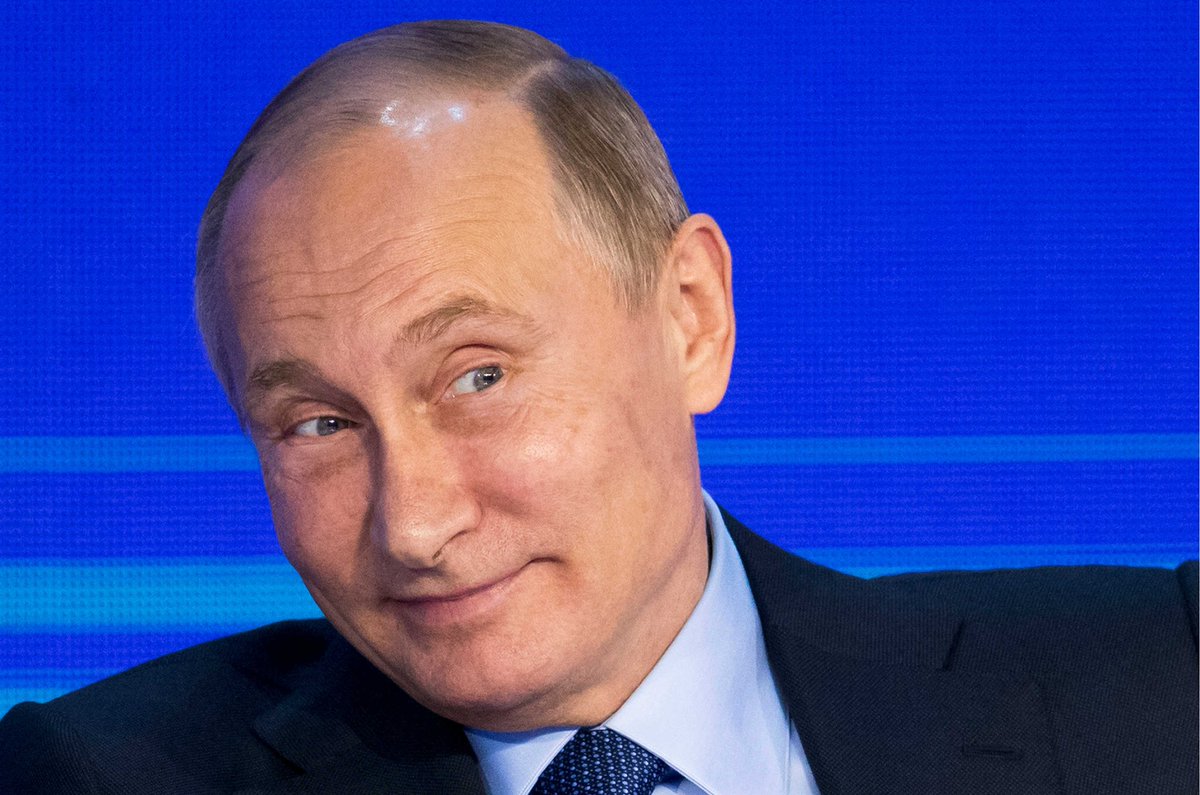
NEW APPROACH NEEDED
1. Russia's is now massively targeting civilian infrastructure in Ukraine. It is engaged in military operations in the vicinity of nuclear materials locations, e.g. near the defunct #Chornobyl_NPP and operational #Zaporizhzhia_NPP with its six active reactors.
1. Russia's is now massively targeting civilian infrastructure in Ukraine. It is engaged in military operations in the vicinity of nuclear materials locations, e.g. near the defunct #Chornobyl_NPP and operational #Zaporizhzhia_NPP with its six active reactors.
2. New developments of the last 24 hours mean that the nature of the war is evolving & that the stakes for the West are increasing. Momentous changes on the ground call for congruent changes in the West's approaches to, & policies towards, Russia and Ukraine in at least two ways.
3. First, in view of Russia's now explicitly terroristic war conduct vis-a-vis the civilian population, limiting arms deliveries for Ukraine to only defensive weapons is neither ethically nor strategically justifiable any more. The Kremlin wants to reach its aim via open terror.
4. The most adequate response to the Kremlin’s approach is to increase the Ukrainian army's ability to conduct reactive operations whose impact goes beyond a mere containment of civilian casualties. When the enemy tries to scare you, an only defensive behaviour may not help much.
5. Ukrainian offensive weapons would complicate Russia's calculation of the sum of all repercussions of a, say, terrorist air raid against a civilian building. Facing only defensive weapons on Kyiv's side, Moscow will remain able to estimate in advance most costs of its actions.
6. A Russian belief that it is aware of most possible risks involved in a terrorist attack on civilians increases its inclination to use this instrument as a mean of material and especially psychological warfare. Certainty breeds aggressiveness while uncertainty leads to caution.
7. A Ukrainian possession of significant offensive weaponry would increase the Kremlin’s uncertainty & decrease its adventurism. Offensive weapons would deescalate the conflict & safe civilian lives that are under threat of being purposefully sacrificed in psychological warfare.
8. Second, with Russia's attack on #Energodar and move of the combat zone into the vicinity of Europe's largest nuclear power plant in Zaporizhzhia, the West interest in ending the war (should have) rapidly increased. This should inform a congruent increase of material efforts.
9. There needs to be a Western recalculation of its own basic security risks from the war, on the one side, and of the bearable costs for imposing on Russia the war's discontinuation, on the other side. Is protection from radioactive contamination or comfort more important?
10. In practice, this means a resolute limitation or full discontinuation of any Russian exports to Western countries and end of all other payments to Russia (e.g. debt service etc.), until the war ends. This policy should be very costly to Russia & moderately costly to the West.
11. The EU’s moderate costs of ending all import of Russian oil, gas etc. should be set against the gains for the national security of EU member states, i.e. their protection from large refugee inflows, possible radioactive contamination, and related as well as other threats.
• • •
Missing some Tweet in this thread? You can try to
force a refresh




